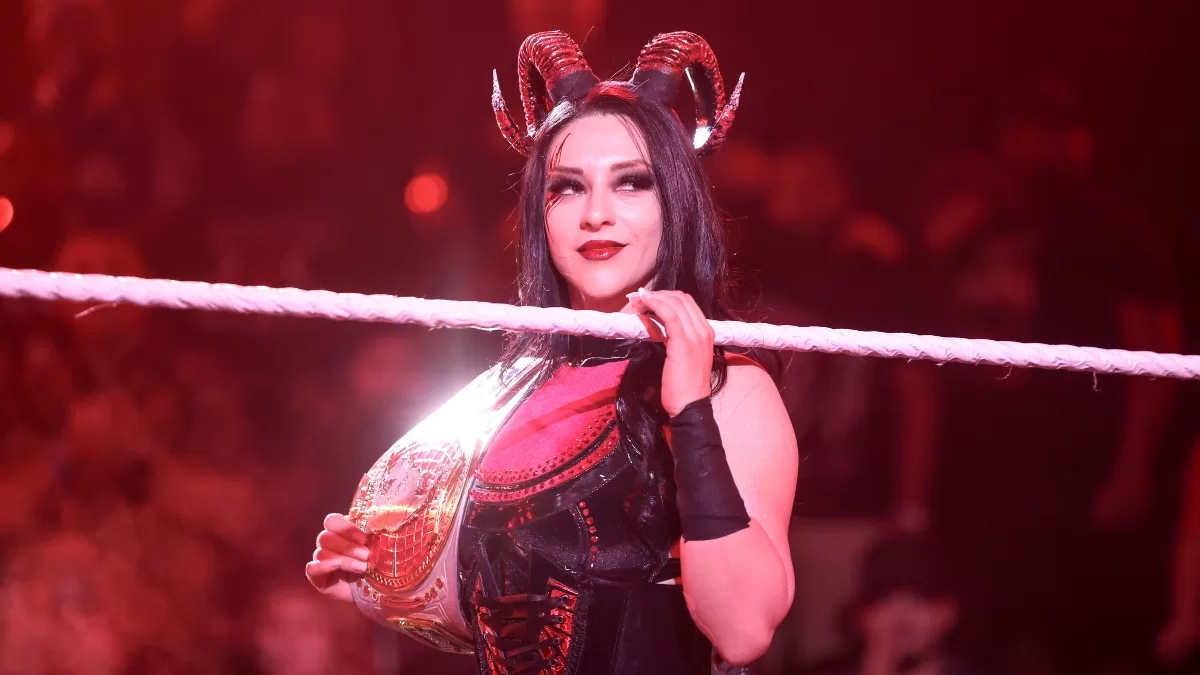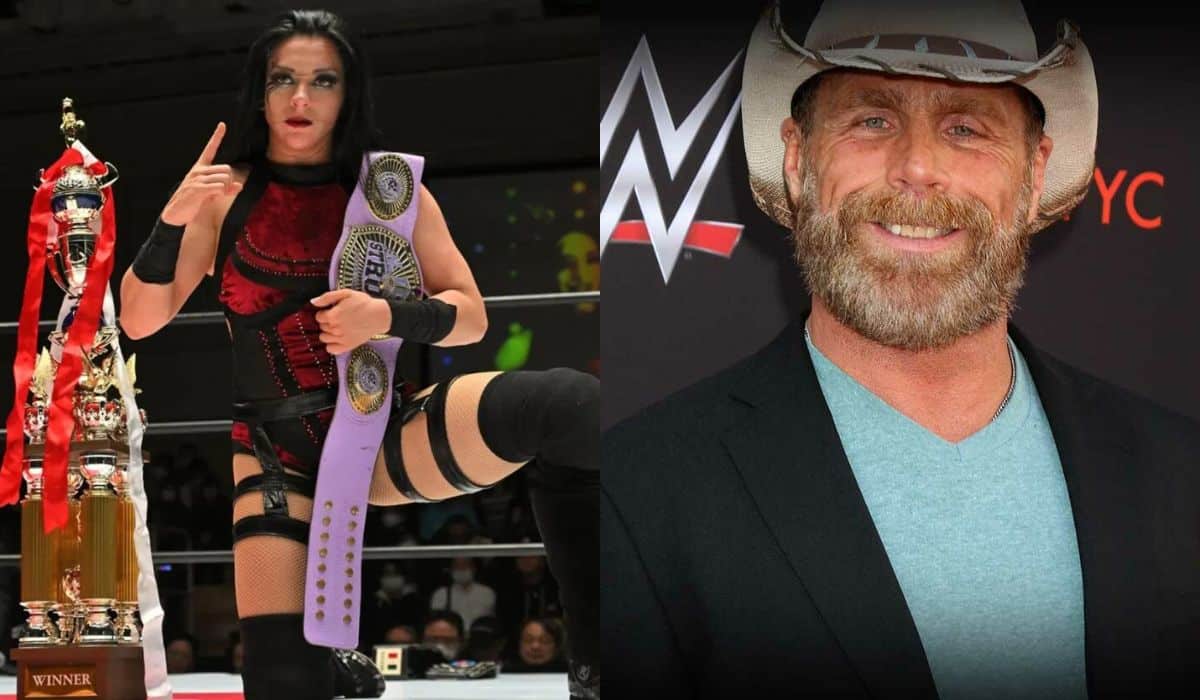The Dark Side of Professional Wrestling: Stephanie Vaquer's Terrifying Experience with CMLL
In the world of professional wrestling, few individuals have had as storied a career as Stephanie Vaquer, a name that once rang out in the confines of the infamous Mexican promotion, Consejo Mundial de Lucha Libre (CMLL). With a career spanning multiple decades, Vaquer has seen it all – from the bright lights of the ring to the dark, dark secrets that lurk beneath the surface of the wrestling world. In a shocking and candid interview, Vaquer revealed the terrifying truth about her CMLL experience, a tale of tears, trauma, and the unseen toll of a life spent in the wrestling business.
For those unfamiliar with the world of CMLL, this Mexican wrestling promotion has been a staple of the industry for over six decades. Founded in 1933, CMLL has produced some of the most iconic luchadores in history, including La Parka, Atlantis, and Rey Mysterio. However, behind the scenes, a different story unfolds – one of exploitation, abuse, and the devastating impact on those who dare to enter the ring.
Stephanie Vaquer's journey into the world of CMLL began over three decades ago, when she was just a young and ambitious wrestler looking to make a name for herself. With a passion for lucha libre that rivaled her desire for success, Vaquer quickly rose through the ranks, earning herself a reputation as one of the most talented and fearless performers in the promotion. However, it wasn't long before the harsh realities of the wrestling business began to take their toll.
The Culture of Fear and Bullying
One of the most striking aspects of Vaquer's CMLL experience was the pervasive culture of fear and bullying that pervaded the promotion. According to Vaquer, the pressure to perform and the constant threat of injury took a significant toll on her mental and physical health. "I lived in tears every day," she recalled, "the stress and anxiety were overwhelming, and I often felt like I was walking on eggshells, never knowing what would happen next."
This culture of fear was not limited to the wrestlers themselves, but also extended to the management and other behind-the-scenes personnel. Vaquer described a hierarchical system in which those who were seen as "superstars" were rewarded with lavish perks and treatment, while those who were struggling or deemed "not worthy" were relegated to the bottom of the ladder.
The Unseen Toll of Trauma
The emotional toll of Vaquer's experiences in CMLL cannot be overstated. The constant pressure to perform, coupled with the physical demands of the job, left her feeling drained and exhausted. "I would often wake up in the middle of the night, drenched in sweat, with nightmares about the ring," she revealed, "the fear of getting hurt, the fear of not being able to perform, it was all-consuming."
Furthermore, Vaquer described the feeling of being treated like a "tool" rather than a person. The management would often use her for their own gain, pushing her to her limits and then discarding her when she was no longer useful. "I felt like I was nothing more than a commodity, a means to an end," she said, "I was never seen as a person, just as a product to be exploited."
The Fight for Recognition and Justice
Despite the trauma she experienced, Vaquer refused to be silenced. She began speaking out about her experiences, sharing her story with anyone who would listen. "I realized that I wasn't alone, that there were others who had suffered the same thing," she said, "I knew that I had to use my voice to help others, to make sure that no one else had to go through what I went through."
Today, Vaquer is an advocate for wrestlers' rights, working tirelessly to bring attention to the issues that plague the industry. She has written extensively on the subject, sharing her experiences and insights with the world. Through her writing, Vaquer hopes to inspire others to speak out, to share their own stories and fight for recognition and justice.
The Legacy of CMLL and the Future of Wrestling
As the wrestling industry continues to evolve, it's clear that the legacy of CMLL and the experiences of wrestlers like Stephanie Vaquer will not be forgotten. The conversation around wrestling's dark past is finally starting to gain momentum, with many promoters and organizations taking steps to address the issues that plagued CMLL.
For Vaquer, the future of wrestling looks bright. "I see a new generation of wrestlers emerging, ones who are more aware of the issues and more determined to make a change," she said, "I'm proud to have played a part in this movement, and I know that together, we can create a better, safer, and more sustainable industry for all."
Conclusion
Stephanie Vaquer's story is a powerful reminder of the importance of recognizing the unseen toll of trauma and the need for change in the wrestling industry. As we move forward, it's crucial that we continue to listen to the voices of those who have been silenced, and work towards creating a safer, more equitable industry for all.
Article Recommendations
- Linda Kozlowski
- Maureen Bates
- Ileo Roselliott Married
- King Von Morgue
- Taylorwift Height And Weight
- David Bromstad
- Vivian Jenna Wilson Husband
- Sarah Frater
- Alisha Newton
- Diane Pol

:quality(70)/cloudfront-us-east-1.images.arcpublishing.com/palco/4EYKWOX5ANGSVP2IVG4ENVKEM4.jpg)

